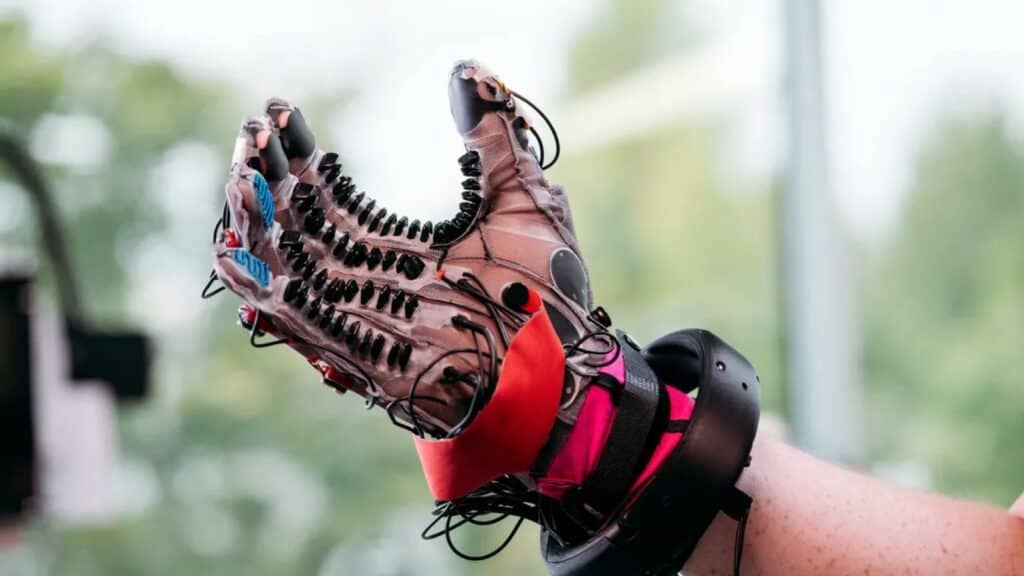News
American teens are virtually ignoring virtual reality
New report says VR isn’t finding a foothold with Generation Alpha.

Just a heads up, if you buy something through our links, we may get a small share of the sale. It’s one of the ways we keep the lights on here. Click here for more.
Marketers and trend-watchers love to use data to try and suss out what teens are up to, and Gen Alpha (that’s what the generation after “Z/Zoomers” is called) is no exception.
In fact, for 45 years running, Piper Sandler has published the results of their exhaustive teen surveys that “highlight discretionary spending trends and brand preferences.”
This year’s report garnered responses from 5,690 teens across 47 U.S. states with an average age of 16.2 years.
Virtual reality is not a priority for Gen Alpha.
Despite companies like Meta making massive bets on Virtual Reality and the “metaverse,” it seems teens are still lukewarm on the tech.
Piper Sandler’s report, titled Taking Stock With Teens, found that:
- 29% of teens own a VR device
- 14% used their VR device weekly
- 4% used their VR device daily
- 7% planned to purchase a VR device any time soon
This could be bad news for Meta, which has already lost $13.7 billion on its Reality Labs project.

What do “the teens” like?
Aside from the Virtual Reality numbers, the report shows that teen culture is becoming more fractional and niche. Highlights from Taking Stock With Teens include:
- Food was the #1 spending priority for males at 24%
- clothing was #1 for females at 28%
- CashApp is the most popular peer-to-peer money app with 41% share, Venmo is #2 with 39%
- 57% of teens report Amazon to be their favorite shopping site
- Top three restaurants are Chik-fil-A (13%), Starbucks (12%), and Chipotle (7%)
- Top three social platforms are
TikTok (37%), SNAP (27%), and Instagram (23%) - Top two video platforms are Netflix (31%) and Youtube (28%)
If you’re interested in a deeper dive, you can request the full report from Piper Sandler directly. It’s not a crystal ball, but it contains key learnings for anyone trying to make sense of “kids today.”
Have any thoughts on this? Drop us a line below in the comments, or carry the discussion over to our Twitter or Facebook.
Editors’ Recommendations:
- Teens speak out against being used as viral social bait by parents
- Instagram now has a ‘Quiet mode’ to help distracted teens
- Discord acquires Gas, a positivity-focused app popular with teens
- Here are the secret emojis teens are using to buy drugs online




























Rather not say
April 6, 2023 at 2:01 pm
Rather than them being lukewarm, I’d say it’s a matter of space and money. A VR headset requires more than just a bit of pocket money.
One may say that there are (relatively) cheap headsets, that can be bought for a few hundred dollars, but those are more likely to induce motion sickness and also have other drawbacks such as not being able to handle any a bit larger games without making some quite unsettling noises.
And even if you have enough money, then there is also the matter of space. For example a “goshiwon” apartment is too small to use a VR headset, or if it’s a shared room, a VR headset would be more disturbing to the others than a computer.
So 24% owning one and 14% using it on a regular basis is actually quite a lot when you consider all of these factors.